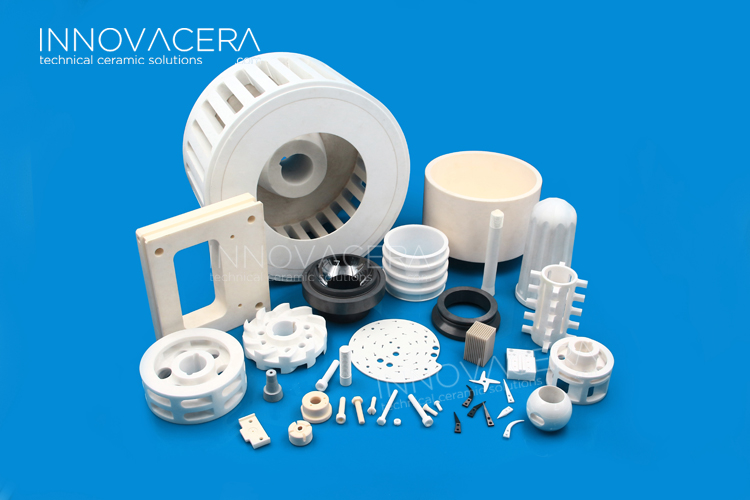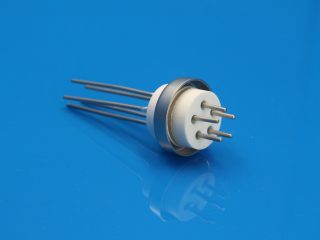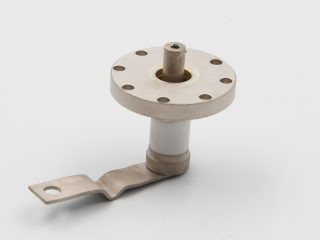Technical ceramics generally have excellent corrosion resistance, this mainly depends on their chemical composition and microstructure. The chemical composition of ceramic determines the type and extent of its reaction with corrosive media. The microstructure, including grain size, porosity, microstructure, etc., also significantly affects the corrosion resistance of technical ceramics. So they are highly resistant to chemical attacks and do not easily react with aggressive substances. This property makes them suitable for various applications in corrosive environments, such as in the chemical industry, oil and gas industry, marine applications, and electric power generation. Also, technical ceramics have low porosity, high density, and excellent thermal stability, which enhance their corrosion resistance.

In addition to the characteristics of the material, we can also improve the corrosion resistance of the material in the following ways:
1. Surface treated: Technical ceramic surfaces can be treated by coating, plating, oxidation treatment, etc. to improve their corrosion resistance. Such as applying a layer of corrosion-resistant coating on the ceramic surface can effectively prevent the corrosive medium from contacting the ceramic surface, thereby extending the service life of the technical ceramic.
2. Surface Finishing: Polishing or grinding the ceramic surface can help remove any defects that may act as initiation points for corrosion. A smoother surface can also make it more difficult for corrosive substances to adhere to the ceramic.
3. Material Selection: Choosing a ceramic material that has good corrosion resistance can be an effective strategy. For example, materials like alumina, zirconia, or silicon carbide are known for their high chemical stability and ability to resist corrosion.
4. Optimize the ceramics process: By optimizing the ceramic process, its organizational structure and corrosion resistance can be improved. For example, with good molding technology and firing systems, ceramic materials with high density, low porosity, and uniform grain size can be produced, thereby improving their corrosion resistance.
5. Cleaning and Maintenance: Regularly cleaning and maintaining the ceramic components can help prevent the buildup of corrosive substances and extend their lifespan.




 Enquiry
Enquiry